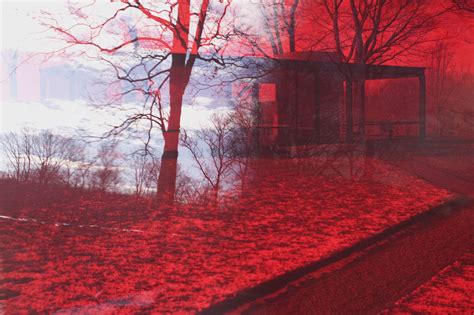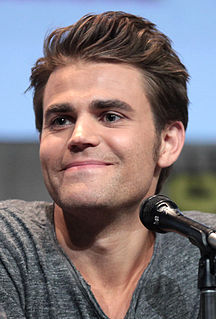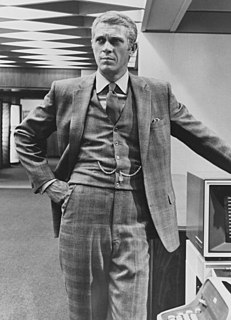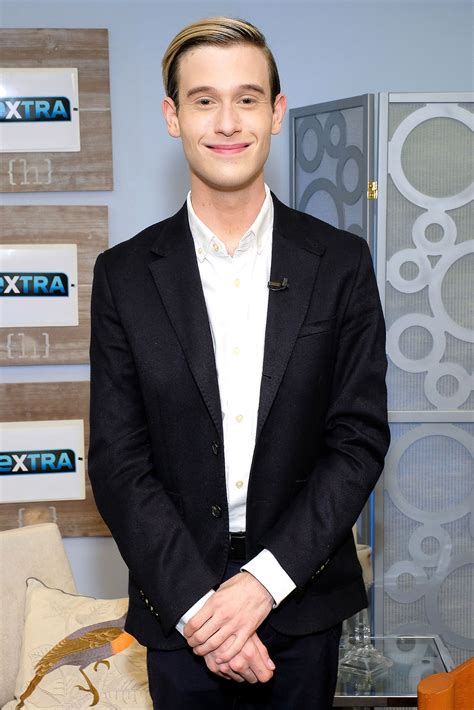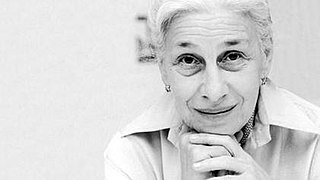A Quote by John Sexton
Obviously, we can see what was in front of the camera, but if a photograph is honestly made, it's a bit of a self-portrait. I think it's impossible for a photographer who is working honestly to keep this from happening.
Related Quotes
A photograph records both the thing in front of the camera and the conditions of its making... A photograph is also a document of the state of mind of the photographer. And if you were to extend the idea of the set-up photograph beyond just physically setting up the picture, I would argue that the photographer wills the picture into being.
I don't like to put too much effort into things. I find that once you get involved with special effects it is no longer about what is happening in front of the camera and I really want to concentrate on what is happening in front of the camera, like the man apparently peeing on the surface of the screen.
If you are walking down the street, camera in your hand, loaded and ready to shoot. You see a person falling from a high building, either having fallen or jumped. That person is falling through space. You don't shoot that photograph unless the theme you are working on has to do with the effects of space on the human figure. If you simply photograph that event because it is an event that is happening, you're doing photojournalism.
I think self-portraits are very difficult. I’ve always seen mine as straightforward, very stripped down, hair pulled back. No shirt. Whatever light happened to be available. I’d want it to be very graphic – about darkness and light. No one else should be there, but I’m scared to do it by myself. I’ve been thinking about it for a long time. The whole idea of a self-portrait is strange. I’m so strongly linked to how I see through the camera that to get to the other side of it would be difficult. It would be as if I were taking a photograph in the dark.
I think that deprecation part is a very important aspect because when someone looks into themselves, if they're going to be honest, they're going to see parts that are humiliating as well as parts that they might feel really great about. Take Lucas Samaras again, who made a lot of self-portraits. He makes one self-portrait where he is looking directly into the camera and looks so intense and cool. He says in an interview, "I wanted to present the best version of myself."

